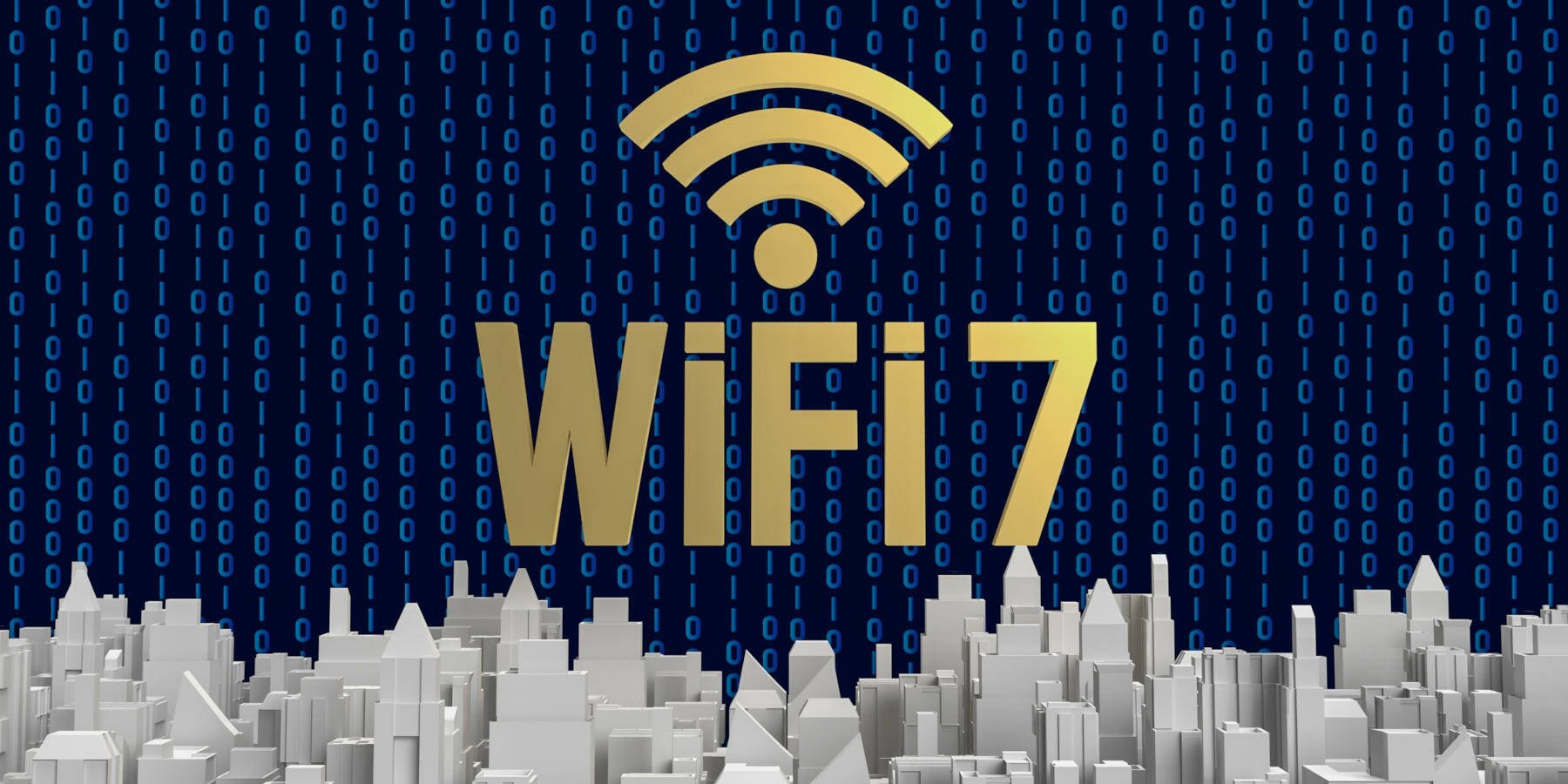Wireless Priesthood Begins Blessing Wi-Fi 7 Hardware

CES Just in time for CES this year, the Wi-Fi Alliance has begun certifying hardware for Wi-Fi 7, the latest update to the global wireless networking specification.
Wi-Fi 7, the successor of Wi-Fi 6E, has been in the works for several years. The wireless protocol, known officially as 802.11be Extremely High Throughput, showed up in a research paper in 2020.
The latest standard doubles the available network bandwidth from 160MHz to 320MHz, which should allow compatible devices to communicate faster. It relies on the new 6GHz band, in countries where that frequency is available, in addition to the 2.4 and 5GHz bands.
Using optimization techniques, the wireless spec can support a theoretical top speed of more than 40Gbps, though vendors like Qualcomm suggest 5.8Gbps is a more realistic expectation. And chances are users will more typically see speeds around half that figure.
Wi-Fi 7 boasts 4096 Quadrature Amplitude Modulation (QAM), said to deliver 20 percent higher transmission rates than 1024 QAM because each symbol carries 12 bits instead of 10 bits of information.
It also supports Multi-Link Operation (MLO), which enables the simultaneous transmission and reception of data by using multiple links. The result, potentially, is better throughput and reliability, with lower latency.
Wi-Fi 7 also provides better support for deterministic latency, a way to ensure that network latency is predictable, which helps when using sensitive augmented/virtual reality applications or real-time industrial apps on the factory floor.
- Microsoft puts the 'why?' in Wi-Fi with latest Windows patch
- Google hopes to end tsunami of data dragnet warrants with Location History shakeup
- Proposed US surveillance regime would enlist more businesses
- Apple Private Wi-Fi hasn't worked for the past three years
"The introduction of Wi-Fi CERTIFIED 7 marks the emergence of the latest generation of Wi-Fi and will be an accelerant to mass adoption of Wi-Fi 7," said Kevin Robinson, president and CEO, Wi-Fi Alliance, in a statement.
"This certification underscores our relentless commitment to delivering cutting-edge technology that redefines the way users experience Wi-Fi, providing faster speeds, improved efficiency, and increased reliability which expand the horizons of what is possible through Wi-Fi."
The Wi-Fi Alliance will certify that hardware bearing the Wi-Fi 7 logo works with the new specification. Those devices should start showing up later this year, or thereafter.
A handful of hardware vendors including Broadcom, CommScope RUCKUS Networks, Intel, MaxLinear, MediaTek, and Qualcomm piggybacked on the Wi-Fi Alliance announcement with canned statements celebrating Wi-Fi 7 and its purported possibilities. We'll spare you the details. Suffice to say, interested parties are excited and hope to sell more stuff.
Lumen Technologies last month said it plans to show off its Wi-Fi 7-capable network device for Quantum Fiber customers at CES this week, with delivery slated for early 2024. And as we noted previously, UK networking vendor EE, now part of BT, is working on Wi-Fi 7 kit of its own.
Apple is expected to add Wi-Fi 7, from a third-party chip, to its iPhone 16 Pro models later this year. The iBiz will reportedly switch to its own Wi-Fi 7 silicon when the iPhone 17 Pro line appears in 2025. ®
From Chip War To Cloud War: The Next Frontier In Global Tech Competition
The global chip war, characterized by intense competition among nations and corporations for supremacy in semiconductor ... Read more
The High Stakes Of Tech Regulation: Security Risks And Market Dynamics
The influence of tech giants in the global economy continues to grow, raising crucial questions about how to balance sec... Read more
The Tyranny Of Instagram Interiors: Why It's Time To Break Free From Algorithm-Driven Aesthetics
Instagram has become a dominant force in shaping interior design trends, offering a seemingly endless stream of inspirat... Read more
The Data Crunch In AI: Strategies For Sustainability
Exploring solutions to the imminent exhaustion of internet data for AI training.As the artificial intelligence (AI) indu... Read more
Google Abandons Four-Year Effort To Remove Cookies From Chrome Browser
After four years of dedicated effort, Google has decided to abandon its plan to remove third-party cookies from its Chro... Read more
LinkedIn Embraces AI And Gamification To Drive User Engagement And Revenue
In an effort to tackle slowing revenue growth and enhance user engagement, LinkedIn is turning to artificial intelligenc... Read more

